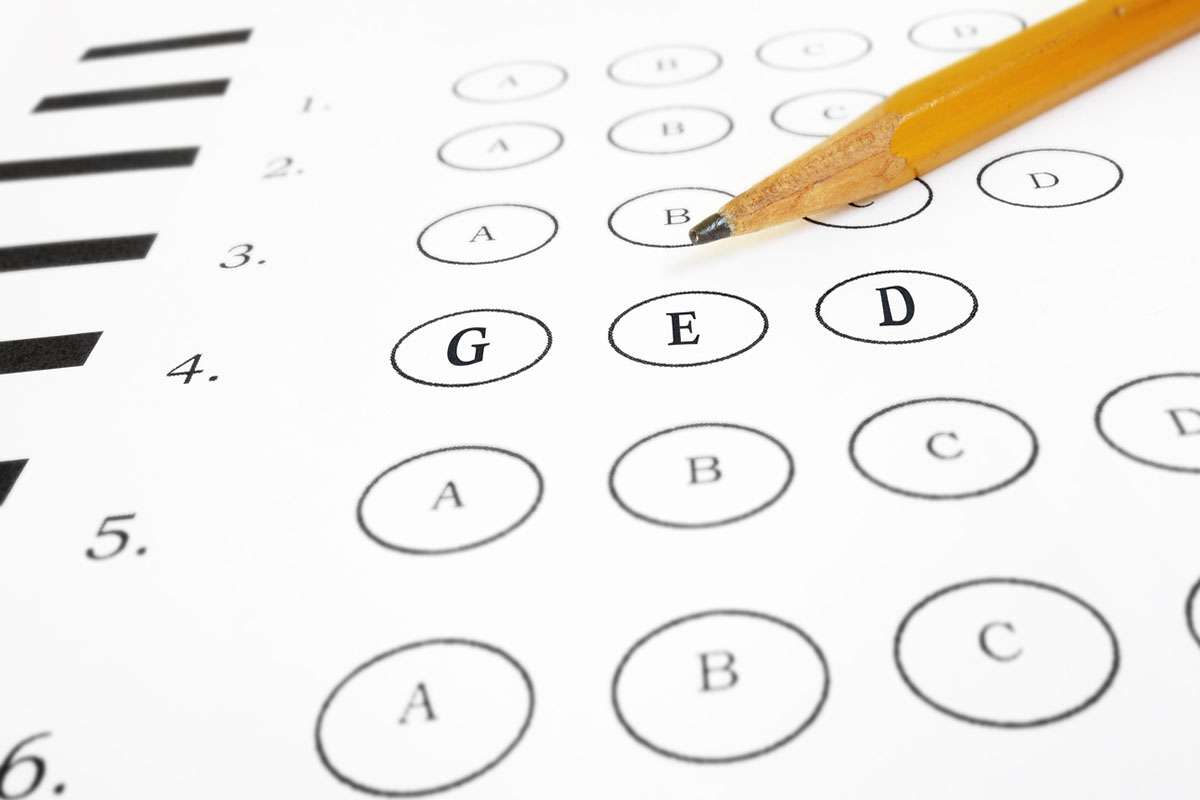Q
I have a 17-year-old daughter who was evaluated when she was 5. The doctors said she was learning disabled so school was difficult for her. She always felt that she was stupid. Today, she's in a GED program so that she can get her equivalency diploma. Unfortunately, she dropped out of school because she was falling behind and getting really frustrated. That school suggested that she go into a government program that would help her get her GED. She registered two years ago and still isn't ready to take her final test. Is there anything that I can do to help her pass this test?
A
If your daughter has not been evaluated recently, this is the time to do it. Even if she is not in a regular school right now, she is still eligible to receive services to help her to continue her education. Have you requested accommodations for the GED test? Adults with documented learning disabilities or ADHD can request accommodations when taking the GED. This is done using Form L-15.
There is also an excellent article about getting appropriate accommodations on LD Online. Type in GED in the search box to get more information. You can also get information about advocacy groups in your community through LD Online.
A traditional GED course may not be geared to students with learning disabilities (although many people in the class may have them). Passing the test may not be the primary issue here -- having someone work with your daughter directly on improving her reading skills may be. There are several excellent programs available for the older student with reading difficulties. Two of the best are the Wilson Reading System and Starting Over by Joan Knight (for more information go to the website for the International Multisensory Structured Language Education Council).
